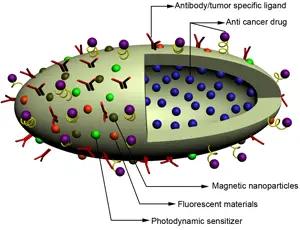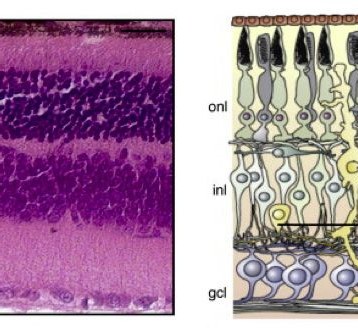|
The team of scientists, led by Gottfried Hohmann of the Max Planck Institute for Evolutionary Anthropology, discovered that the presence of mothers enhances the mating success of their sons, resulting in more even distribution of mating among the males. As Bonobo males remain in their natal group and adult females have the leverage to intervene in male conflicts, maternal support extends into adulthood and potentially affects male reproductive success. Without it, the stronger, larger apes would have gotten all the females – but thanks to motherly intervention, the quieter Bonobos get mating partners too.
The Bonobo is a great ape and one of the two species making up the genus Pan. Although the name "chimpanzee" is sometimes used to refer to both species together, it is usually understood as referring to the Common Chimpanzee, while Pan paniscus is usually referred to as the Bonobo. Since Bonobo apes are considered endangered, zoologists have put an effort to study their mating habits better, in order to improve the chance of saving this species.
Previous studies show the variation in male mating success relates to rank differences. Males who are unable to monopolize estrous females alone may engage in coalitions with other group members to chase higher ranking males off these females and thus enhance their own mating success.
While some researchers showed that coalitions are independent of kinship, new information recently gathered suggests that there is a significant importance of kin support, especially from mothers, on the reproductive success of their daughters. This data brought the team to expect a similar effect on sons in species in which males remain in their natal group like Bonobos. "With our study we wanted to find out whether in Bonobos the mating success of the sons was indeed influenced by the support they received from their mothers", says Martin Surbeck.
The experiments involved thorough evaluation of the determinants affecting mating success in male Bonobos. Scientists gathered the by careful observation of nine males in a wild population; kinship relations were determined using genetic markers. The results reveal a steep, linear male dominance hierarchy and a positive correlation between dominance status and mating success.
In addition to rank, the presence of mothers does indeed enhance the mating success of sons and thereby reduces the proportion of matings by the highest-ranking male. Mothers and sons seem to be inseparable and mothers provide agonistic aid to sons in conflicts with other males. As Bonobos are male-philopatric, i.e. males remain in their natal group, and adult females occupy high dominance status, maternal support extends into adulthood, and females have the leverage to intervene in male conflicts.
According to Surbeck, the absence of female support to unrelated males suggests that mothers gain indirect fitness benefits by supporting their sons. "Females do not grant this kind of support to unrelated males,” he said. “By helping their sons the mothers may likely increase the number of their own grandchildren."
TFOT also covered a study conducted in Indonesia, showing that primates "paid" for sexual access to females in the form of pre-sex rituals. Although the conclusions are not decisive, it is suggested that sex is a "currency" in the monkeys’ biological market.
For more information about the effect maternal support has over Bonobos’ mating success, see the official press release.










